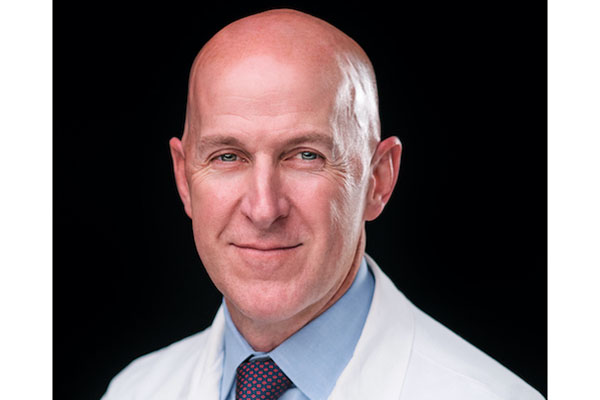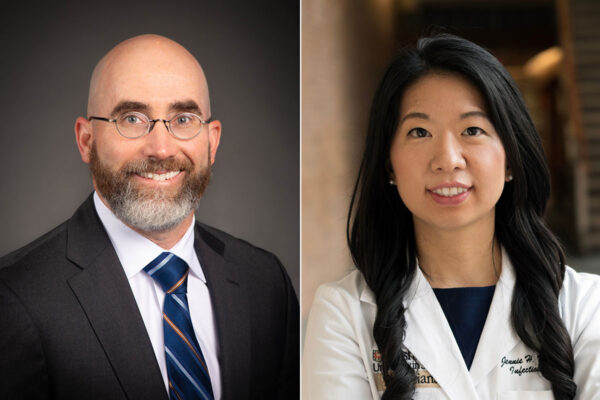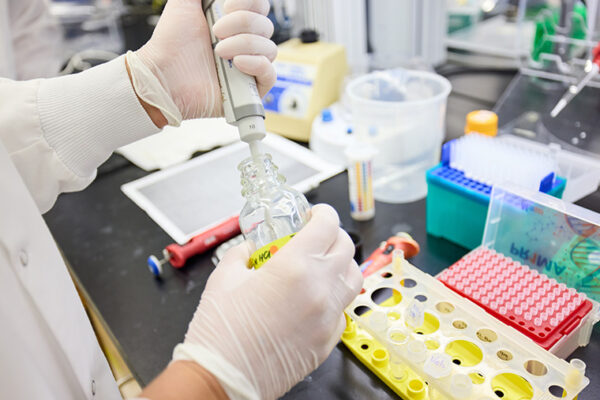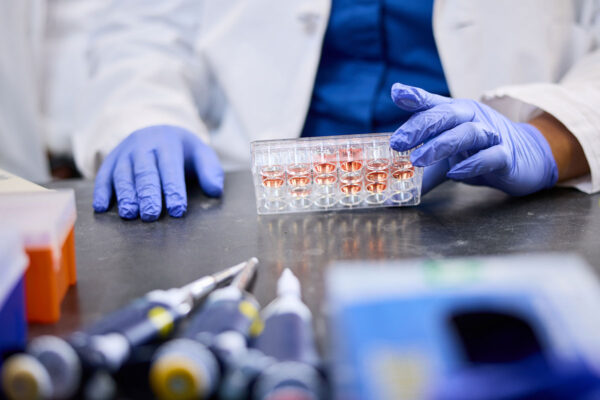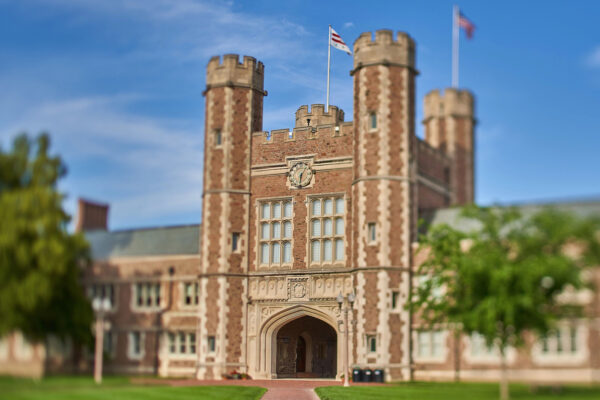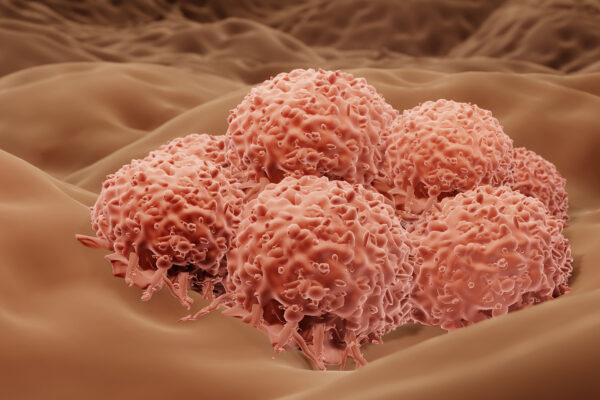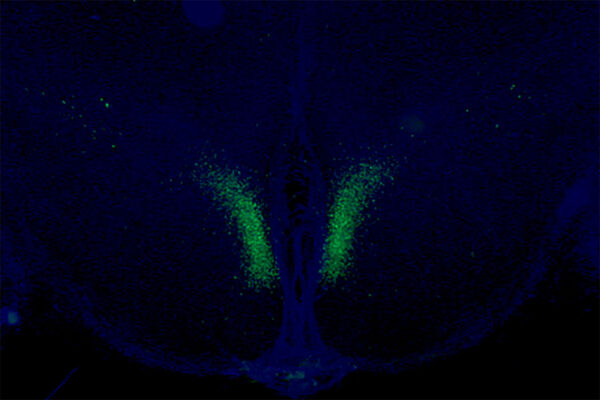Needleman program seeks proposals
The Needleman Program for Innovation and Commercialization provides funding for researchers developing promising new therapeutics. A second call for proposals is now open. The deadline is March 15.
Newly opened Jeffrey T. Fort Neuroscience Research Building dedicated
One of the world’s largest neuroscience research buildings was dedicated Jan. 18 on the Medical Campus. The 11-story building is named the Jeffrey T. Fort Neuroscience Research Building, in recognition of a gift from Fort, a longtime university supporter.
Pediatric Heart Network names medical school a core site for heart disease research
The School of Medicine has joined the Pediatric Heart Network, a multicenter collaboration of leading hospitals and research institutions that works to improve care for pediatric heart disease patients.
Zipfel receives Dacey award for cerebrovascular research
Gregory J. Zipfel, MD, head of the Department of Neurosurgery at the School of Medicine, has been awarded the Ralph G. Dacey Jr., MD, Medal for Outstanding Cerebrovascular Research.
Kwon, Newland named to antibiotic resistance advisory council
Jennie H. Kwon, DO, an associate professor of medicine in infectious diseases, and Jason G. Newland, MD, a professor of pediatrics, both at the School of Medicine, have been selected to serve on the Presidential Advisory Council on Combating Antibiotic-Resistant Bacteria.
Washington University and Deerfield Management launch VeritaScience to drive drug discovery
Washington University in St. Louis and Deerfield Management, a health-care investment firm, announced the launch of VeritaScience, a new private R&D collaboration designed to advance the discovery, clinical development and commercialization of promising therapeutic and diagnostic candidates with potential to benefit human health.
Awardees announced for Needleman innovation, commercialization program
Three WashU researchers developing promising therapeutics for cancer and heart disease are the inaugural awardees of the Needleman Program for Innovation and Commercialization. The next round of project proposals is now open.
Board grants faculty promotions, tenure
At the university’s Board of Trustees meeting Dec. 1, numerous faculty members were appointed or promoted with tenure or granted tenure.
Fehniger receives grant for trial of immunotherapy against melanoma
Todd A. Fehniger, MD, PhD, and colleagues Alice Y. Zhou, MD, PhD, Ryan C. Fields, MD, and George Ansstas, MD, all at the School of Medicine, have received $1.5 million from the Rising Tide Foundation for Cancer Research and the Melanoma Research Alliance.
Life span increases in mice when specific brain cells are activated
A new study from the School of Medicine identifies a key feedback loop between the brain and the fat tissue that governs aging in mice. The research suggests that the loop’s gradual deterioration contributes to health problems typical of aging.
View More Stories



